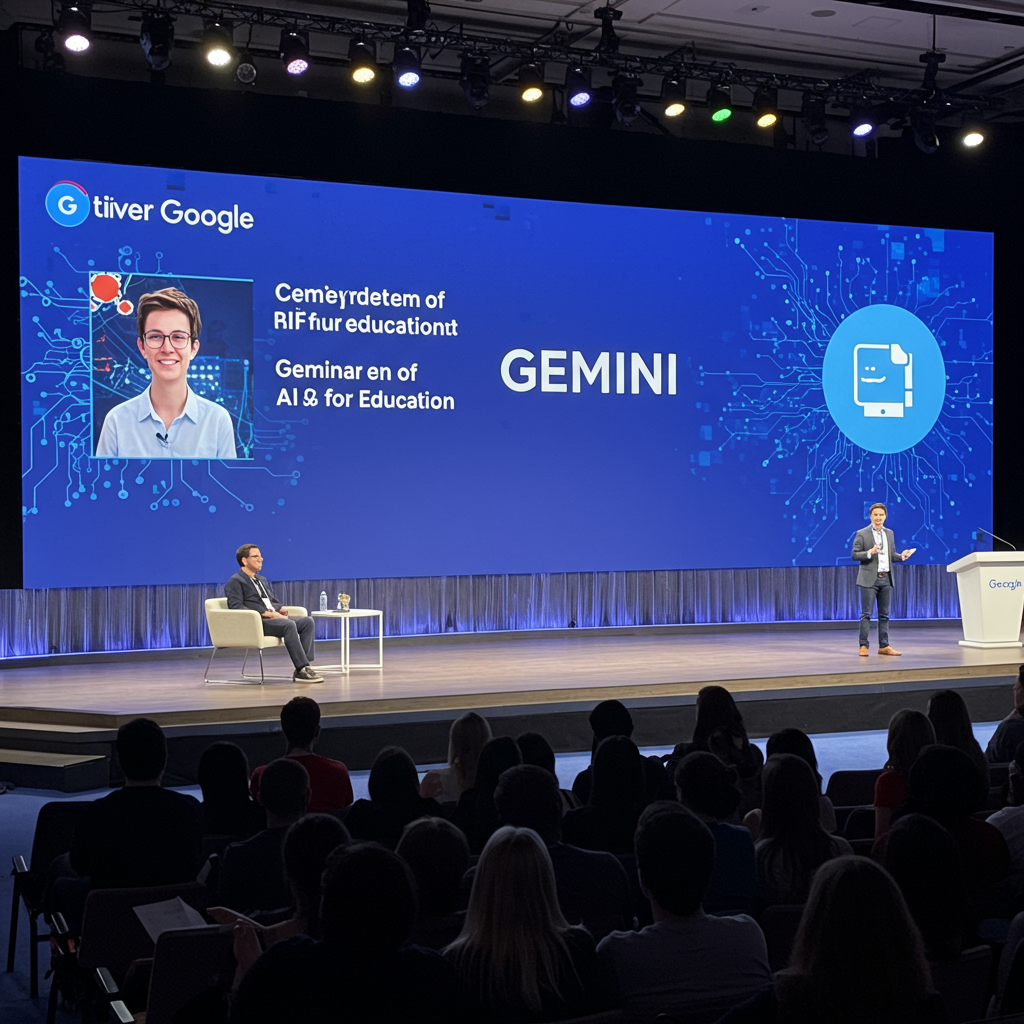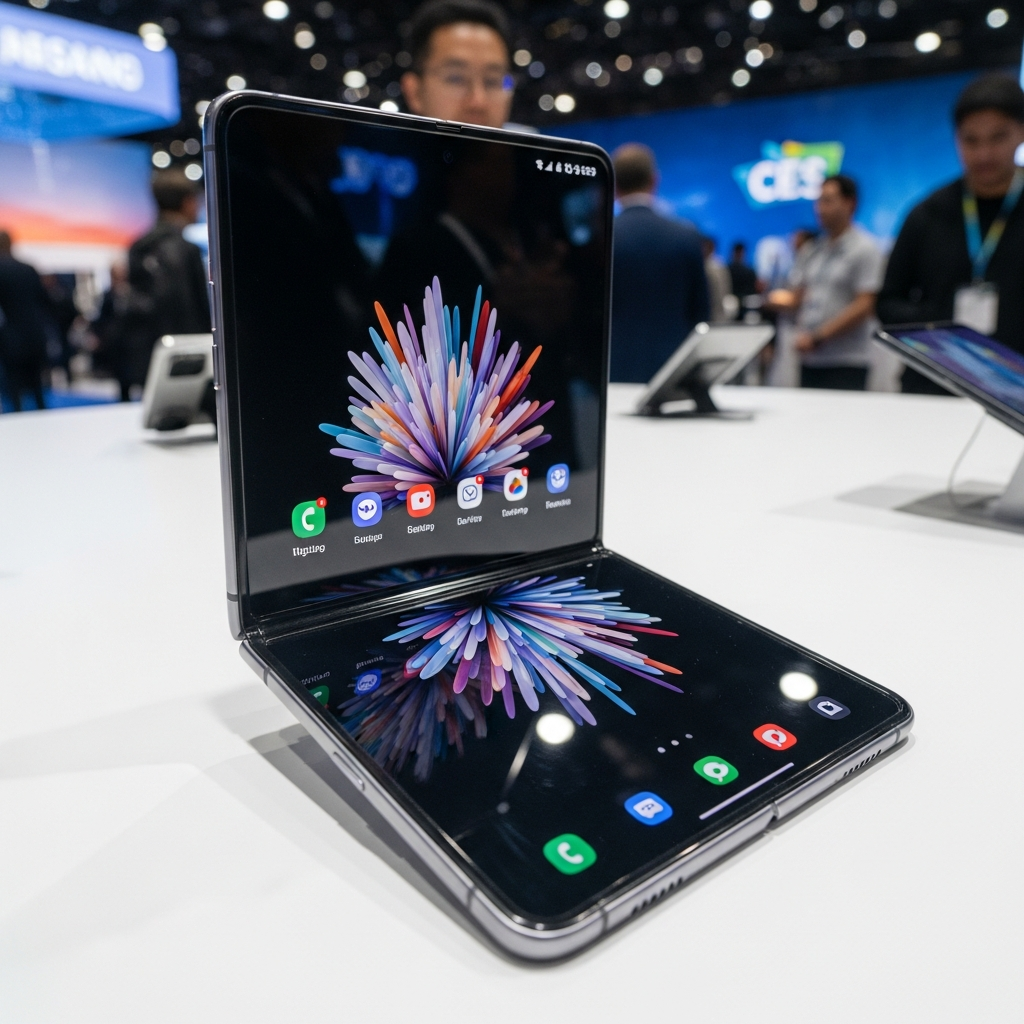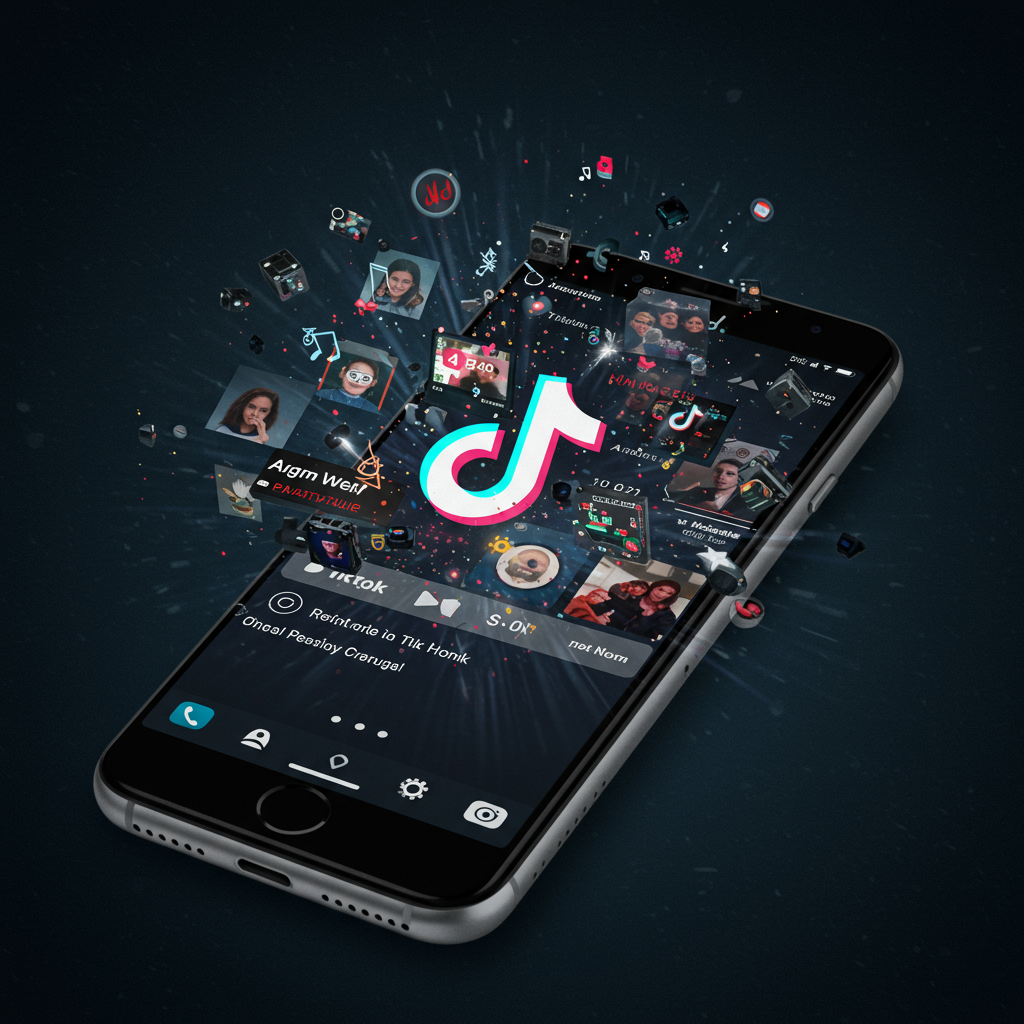The integration of artificial intelligence into education presents both challenges and unprecedented opportunities. As schools and universities navigate the evolving landscape of AI tools, Google is taking a significant step forward. Announced at the International Society for Technology in Education (ISTE) conference on June 30, 2025, Google unveiled a comprehensive suite of new AI solutions powered by its gemini models. This initiative aims to empower every learner and educator with advanced capabilities, focusing on enhancing teaching efficiency, personalizing student experiences, and ensuring responsible, safe technology use within the classroom.
Gemini for Education: A Tailored AI Experience for Schools
A cornerstone of Google’s latest educational push is the introduction of Gemini for Education. This isn’t just the standard Gemini app repackaged; it’s a version specifically engineered to meet the unique demands of the education sector. Built upon the robust Gemini 2.5 Pro model, recognized for its powerful learning capabilities, Gemini for Education provides educational institutions with crucial advantages.
Users gain default access to Google’s premium AI models, boasting significantly higher usage limits than typically offered to consumer-level free users. Crucially, this service is designed with enterprise-grade data protection baked in. It functions as a core Google Workspace service, meaning administrators can manage it centrally. This entire package is included at no extra cost within existing Workspace for Education plans. This strategic move ensures that educational bodies, regardless of their size or technical sophistication, can deploy cutting-edge AI technology with confidence, knowing their valuable data is protected by industry-leading security measures.
Empowering Educators: Tools to Streamline Teaching and Planning
Google is dramatically expanding the availability and functionality of AI-powered tools for educators. Gemini in Classroom is now freely available to all Google Workspace for Education editions, marking a significant broadening of access. This suite arrives with a wealth of new capabilities – over 30 features designed explicitly to help teachers reclaim valuable time.
These tools allow educators to plan lessons and differentiate content faster than ever before. Imagine instantly generating vocabulary lists complete with definitions and example sentences, a task that previously took significant time. Teachers can also brainstorm ideas, draft communications like emails, and even create tailored math problems. Early pilot programs highlight the real-world impact, with teachers reporting saved hours on planning and support, leading to more engaging and inclusive learning environments.
Creating Custom AI Experts with Gems
A particularly innovative feature is the ability for educators to create their own custom AI experts, known as “Gems,” within the Gemini app. Teachers can ground these Gems on specific course assignments and readings, effectively building AI assistants tailored to their curriculum. These custom tools can be used to engage students in unique ways, such as an “Interactive Simulations” Gem built around class material. Recognizing the value of sharing these tailored resources, Google plans to launch a capability for educators to share their custom AI experts with colleagues in the coming months.
Enhancing Research and Content Creation
NotebookLM has rapidly become one of Google’s fastest-growing applications in education, especially among users aged 18 and above. This research and note-taking tool helps educators and students better understand complex content. Existing features like Audio Overviews, which convert sources into podcast-style summaries, are popular. Expanding on this, Google is rolling out Video Overviews in the coming weeks. This feature enables users to transform their source materials into short, engaging educational videos with just a click.
For educators utilizing the paid Google Workspace with Gemini add-on, new generative capabilities are arriving. They can now leverage Veo 3 in Google Vids to create short, impactful 8-second videos with sound effects, perfect for professional development materials or program announcements. Rolling out now, Gemini in Forms provides powerful assistance for creating assessments and surveys. It can even generate a form based on an existing Doc, Slide deck, or PDF from Drive, and then use Gemini to summarize the submitted form responses, drastically reducing administrative workload.
Data-Driven Instruction and Classroom Management
Beyond generative tools, Google is introducing features that empower educators with data-driven insights. New capabilities are coming to track student progress against specific learning standards and skills, initially supporting U.S. K12 national and state standards with plans for expansion. An upcoming Analytics tab in Google Classroom will provide a centralized view of student performance and engagement. This helps teachers quickly identify students who might need extra support, for example, due to missing assignments or grade trends. Actionable insights will also appear directly on the Classwork page, simplifying assignment monitoring and reminders. Google’s Class Tools feature for managed Chromebooks further enhances classroom control, allowing teachers to share content directly to student screens and minimize distractions during lessons.
Enhancing Student Learning with AI
Google’s new AI tools are also designed to empower students and support diverse learning styles. Students aged 18 and older can now use Gemini Canvas to generate personalized quizzes for any subject, offering a flexible way to study and test their understanding before exams. This valuable feature is slated to expand to students under 18 in the coming weeks. To help learners grasp complex concepts more easily, Gemini will also soon provide visuals, such as interactive diagrams, directly within its responses.
A core part of this student-facing rollout is the focus on teacher-led AI experiences. Recognizing that students already use AI, Google aims to provide safer, teacher-controlled options. In the coming months, educators will gain the ability to assign customized Gems and notebooks from NotebookLM, explicitly grounded in their class materials, directly to students within Google Classroom. This ensures students interact with AI based on the specific curriculum they are studying. This assignment capability is also being integrated into other popular learning management systems like PowerSchool Schoology Learning and Canvas by Instructure via updates to the Gemini LTI.
Interactive Study Resources
With NotebookLM expanding access to students of all ages soon, using their Google Workspace for Education accounts, they can utilize its features to better understand class materials. Teachers can pre-select resources to create interactive study guides and those unique podcast-style Audio Overviews for their students, ensuring the AI interaction is focused solely on the teacher’s chosen content. Similarly, teachers can assign specific Gems – acting as tailored AI “experts” like a “Quiz me” or “Study partner” – grounded in class readings, offering students additional support or avenues for deeper exploration directly related to the curriculum.
Further enhancing student experience, Read Along in Classroom is also seeing improvements. Teachers can now upload their own content or soon generate stories with Gemini, providing real-time AI reading assistance tailored to student needs. New silent and listening reading modes are being added, with analytics still available to help teachers monitor comprehension.
Prioritizing Responsible AI and Safety in Education
Google places significant emphasis on its responsible approach to deploying AI in educational settings. The company has consulted extensively with child safety and development experts, learning science experts, and tested tools with youth advisory panels to shape its policies and features. A critical commitment for education users is that Google explicitly states it will not use data from educational chats or activities to improve its AI models. This provides a crucial layer of privacy assurance for institutions.
To protect younger users, Gemini currently employs stricter content policies designed to prevent potentially inappropriate or harmful responses for users under 18. These policies will also apply to NotebookLM as it becomes available to younger students. Gemini includes a youth onboarding experience, offering AI literacy resources endorsed by organizations like ConnectSafely and the Family Online Safety Institute. For fact-based questions, Gemini uses Google Search to double-check information, comparing its response against web content. Google also provides resources, including a guide and lesson plan, for educators to teach AI literacy, alongside no-cost professional development courses for both K-12 and higher education staff.
Schools maintain essential control through comprehensive administrative features. Admins can manage which users have access to the Gemini app and NotebookLM via the Admin console. They can also search Gemini app conversations within their domain using Google Vault and view usage reporting. The recent awarding of the Common Sense Media Privacy Seal to Gemini in Google Workspace for Education further reinforces confidence among administrators regarding user data protection.
Implementation and the Future of AI in Learning
The effectiveness of these new AI tools will ultimately depend on how educational institutions implement and integrate them into their existing workflows and pedagogy. Google’s rollout is designed to provide powerful, time-saving tools for teachers and introduce new, controlled learning opportunities for students. The focus on making Gemini in Classroom and Gemini for Education freely available across all Workspace for Education editions demonstrates a commitment to broader access.
This wave of AI integration aims to free up educators to focus on teaching, provide personalized learning experiences, and equip students with tools to engage with content in new ways, all within a framework that prioritizes safety, privacy, and administrative control. As these features roll out in the coming weeks and months, educational institutions are encouraged to learn more and sign up for updates to fully leverage the potential of Gemini in transforming learning environments.
Frequently Asked Questions
What is Gemini for Education, and how does it differ from the standard Gemini app?
Gemini for Education is a specialized version of the Gemini app built specifically for schools and universities using Google Workspace for Education. It’s powered by the advanced Gemini 2.5 Pro model and includes default access to premium AI features with higher usage limits than consumer versions. Crucially, it provides enterprise-grade data protection, is managed by school administrators as a core Workspace service, and is included free of charge with Workspace for Education plans. This tailored approach ensures institutional data safety and centralized control not found in the standard consumer app.
What specific new AI tools are available for teachers in Google Classroom?
Teachers with Google Workspace for Education accounts now have access to over 30 new AI features within Gemini in Classroom, available free across all editions. These include tools to generate first drafts of lesson plans, create customized vocabulary lists with definitions, brainstorm ideas, draft communications, generate specific math problems, and even draft assessment questions exportable to Google Forms. Teachers can also create custom AI assistants (“Gems”) grounded in their course materials and will soon be able to share these with students and colleagues. Future updates will add features for tracking student progress against standards and providing insights via an Analytics tab.
How is Google ensuring student data privacy and safety with these AI tools?
Google has implemented several measures to prioritize privacy and safety for education users. They state that data from education chats will not be used to train Google’s AI models. Stricter content policies are enforced for users under 18 to filter potentially inappropriate content. Gemini includes youth-focused AI literacy resources and uses Google Search to double-check factual information. Administrators have control over access via the Admin console, can search conversations using Google Vault, and view usage reports. The platform has also received the Common Sense Media Privacy Seal, indicating adherence to strong privacy standards for children’s data.




